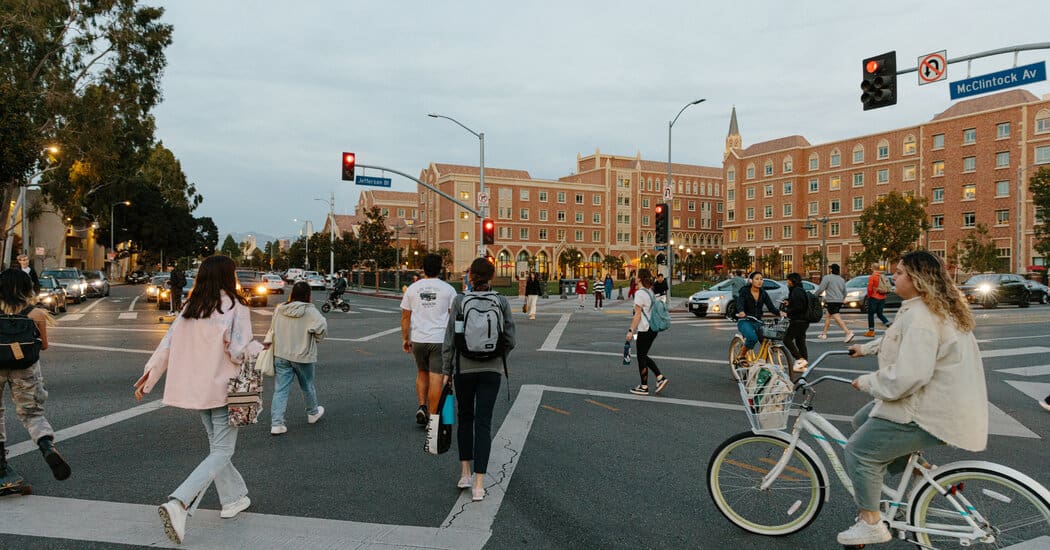
Title: Gerrymandering Controversy Mars Los Angeles’ Redistricting Process
Introduction:
Nithya Raman, a rising political star representing progressive ideals, faced a daunting challenge when the Los Angeles City Council initiated its redistricting process. Despite her overwhelming victory in the 2020 elections, Raman found herself at odds with the established power politics of the city. As the process unfolded, it became apparent that some council members, much like their Republican counterparts, engaged in gerrymandering to secure their own political advantage. The subsequent controversy shed light on not only the racist language used by politicians during closed-door discussions but also the failure of the process to achieve fair representation for marginalized communities.
The Impact of Political Interference:
Despite the recommendations of the redistricting commission, which were based on expert studies, months of community input, and neighborhood meetings, the council largely ignored them. Instead, the council pursued a redistricting map that would help re-elect incumbents, effectively undermining the democratic process and thwarting the goals of fair representation. By largely maintaining their existing districts, council members preserved their power while failing to address the underrepresentation of Latinos, who constitute half of the city’s population but occupy only a third of the council seats.
Unintended Consequences:
An unintended consequence of the redistricting process was the loss of representation for constituents who had elected Nithya Raman. Despite her promises to champion the rights of renters and homeless individuals, Raman found herself no longer representing many of the residents who had supported her. The loss of her council seat in Koreatown, a neighborhood she had aimed to unify, further emphasized the failure of the process to empower constituents.
The Bait and Switch:
Frank Cardenas, the executive director of the redistricting commission, expressed his disgust at how the council disregarded the efforts of thousands of Angelenos who had participated in the democratic process. Their work was overshadowed by the council’s authoritarian actions, leaving many disillusioned. The council’s interventions to protect their own political interests, under the guise of representing the will of the people, further eroded trust in the process.
Inclusive Design Falls Short:
Los Angeles, with its diverse immigrant population and distinct neighborhoods, presented unique challenges in the redistricting process. Despite efforts to ensure inclusivity, the commission’s recommendations were often disregarded by council members who wielded significant influence over the process. The city’s large council districts, each representing around 264,900 people, allowed council members to consolidate power at the expense of equitable political representation. The appointment of commission members by council members further compromised the independence of the process.
Conclusion:
The gerrymandering controversy surrounding Los Angeles’ 2021 redistricting process exposed the flaws and political interference that undermine fair representation. The council’s prioritization of self-interest over the will of the people resulted in the preservation of incumbents’ power at the expense of marginalized communities. Despite initial claims of inclusivity, the redistricting process failed to deliver on its promises, leaving many disillusioned and questioning the integrity of the democratic system. As the city reflects on the scandal-ridden process, lessons must be learned to prevent further erosion of trust and to genuinely empower constituents in future redistricting efforts.
Read More US Politics News


Comments are closed.